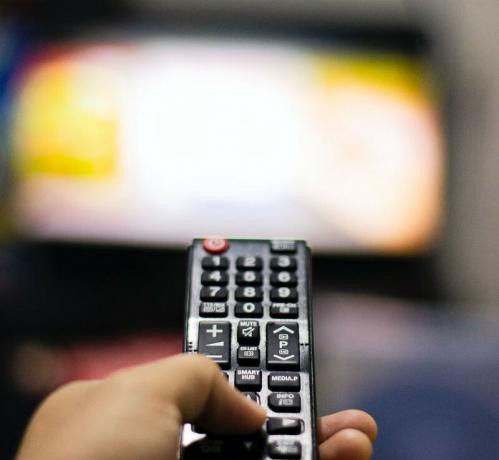Protect yourself against overexposure to the news
In many cases, continued media exposure to shocking news can promote fear-based states of anxiety and anguish. We have a clear example of this in the current media situation regarding the war in Ukraine. Or not long ago, in the first months of the pandemic.
The images shown are shocking and generate fear. If several cognitive biases also come into play, we have an explosive mix.
- Related article: "The 28 types of communication and their characteristics"
The nature of cognitive biases
Let's see, first of all, what biases are. They are something like mental shortcuts that our brain assumes to save resources. In this case, we are interested in two biases that are triggered by the continuous bombardment of images and news.
The availability bias
This bias works when We overly rely on available information. To explain it in simple terms, if my neighbor won the lottery, I will tend to believe more that I can also win, even though statistically it is unlikely that two neighbors will win. But with this bias we believe that something is more likely to happen given our familiarity with the situation.
- You may be interested: "Availability bias: what it is and how it affects us"
frequency bias
The frequency bias occurs when we look at something and, therefore, it seems more common than it really is. For example, when we change cars or we like a specific model, it will give us the impression that there are more models like that circulating on the roads.
- Related article: "Cognition: definition, main processes and functioning"
Overexposure and distorted perception of reality
These biases increase familiarity and perception of risk in a situation that is not usually very frequent. Both biases, together with the images displayed, trigger a primary emotion in us, which is fear. When we cannot regulate this emotion properly, anxiogenic or anguish states appear.
That powerful emotion, fear without managing properly, leads us to block and have answers that they are not adaptive and that they hinder our daily life, sometimes to the point of making it insufferable.
- You may be interested: "17 curiosities about human perception"
Feeding fear and anxiety
Fear generally provokes three classic responses in us: fight, flight or block. There is talk of a fourth that we humans exhibit, which is submission in bonds, but it is not the objective of this article. In the current situation we cannot fight or flee, so the anxiogenic responses that feed on the fear paralyze us or lead us to non-adaptive behaviors that are executed to try to mitigate the discomfort.

Fear is the main source of fuel for anxiety.It is their primary food. And paradoxically, the more we try to avoid fear, the stronger it is. The response at the level of internal emotional management is to give that fear its space; This can be learned to do within a therapeutic process and on an external behavioral level to stop feeding it through self-care, protecting ourselves.
In the pandemic, fear was put into the body of the population to achieve citizen collaboration; if we compare the informative treatment of the last waves in which there were also deaths, on the one hand, with the first ones, on the other, there is no color. But the level of perceived threat was much higher in the first compared to the last waves.
Many times the idea of being informed is confused with that of being inundated; the media these days seem to work by continually flooding in on one topic, until they move on to the next.
- Related article: "What is anxiety: how to recognize it and what to do"
And what can we do?
Since we are ordinary citizens, it is not in our hands to provoke or stop wars or volcanic eruptions, no matter how much we care or do not care.
First of all, we can take care of ourselves and protect our mental health, limiting information overload or repeated exposure to shocking news.
Is it necessary to watch the daily news twice a day? No, especially if you notice that it affects your mental health and mood.
We are not talking about being hermits, just about taking care of ourselves by setting limits within what we can do. The treatment is similar to what we can do with social networks if we feel that they affect us excessively, consciously limiting our exposure to them.
If you want to be informed, it is important that you find a way to decide for yourself when you want to be informed, that is, controlling for yourself access to information.
And you will tell me: What if there is a super important key news? I'm sure you find out, even if you don't see the news they will comment on it. Or when you decide to inform yourself, you will see it.
On the other hand, sometimes when our resources are overwhelmed, it can be useful seek support from specialized professionals such as psychologists, psychiatrists or doctors in order to resume our life.
